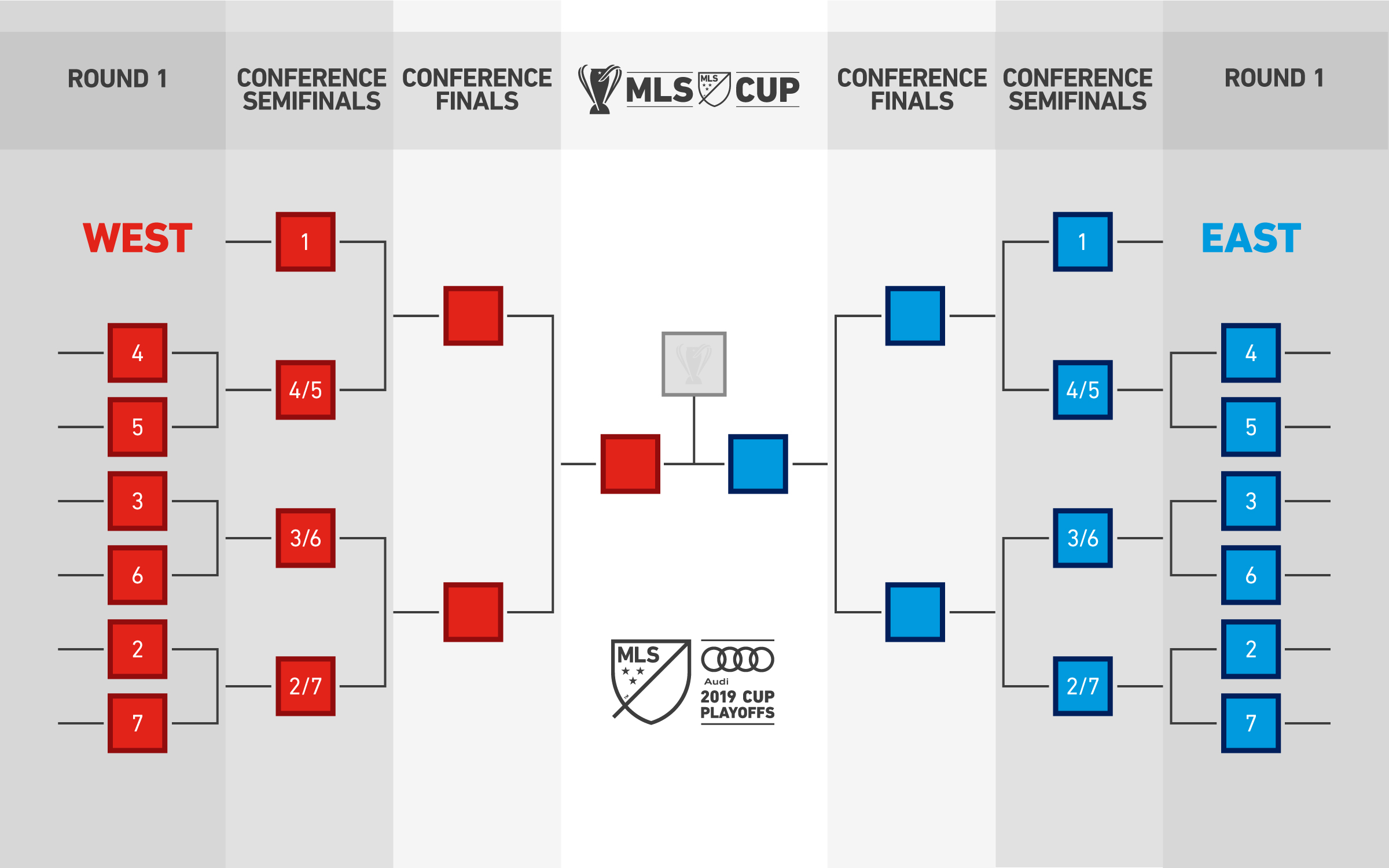Understanding The MLS Playoff Format: A Comprehensive Guide

As the Major League Soccer (MLS) season progresses, the excitement builds around the playoff format that determines which teams will compete for the coveted MLS Cup. This playoff structure is unique, offering a blend of regular-season performance and thrilling knockout rounds. Understanding the intricacies of the MLS playoff format is essential for fans, players, and analysts alike, as it shapes the narrative of each season and highlights the journey of each team. The MLS playoff format has evolved over the years, adapting to the growth of the league and the increasing competitiveness among teams. With each new season, fans eagerly anticipate how their favorite clubs will navigate the challenges posed by this format, which combines both skill and strategy.
The magic of the MLS playoffs lies in their unpredictability. Unlike traditional leagues where the top teams are determined solely by points, the playoff format introduces an exhilarating knockout stage that can lead to unexpected outcomes. In this article, we will explore the key aspects of the MLS playoff format, its history, and how it impacts teams and fans. Additionally, we will answer some prevalent questions about how this system works and its significance in the context of American soccer.
By delving into the MLS playoff format, we can gain insights into the strategies employed by teams, the importance of each match, and the overarching narrative of the season. Whether you're a die-hard supporter of a particular club or a casual observer of the league, understanding this format will enhance your appreciation for the game and its thrilling postseason drama.
What Is the Current MLS Playoff Format?
The current MLS playoff format features a combination of single-elimination matches and a seed-based system. Here’s how it works:
- 14 teams qualify for the playoffs: 7 from the Eastern Conference and 7 from the Western Conference.
- The top team from each conference earns a bye to the conference semifinals.
- Teams ranked 2-7 in each conference compete in the first round.
- The playoffs proceed through the conference semifinals, conference finals, and culminate in the MLS Cup.
How Are Teams Seeded in the MLS Playoff Format?
Team seeding in the MLS playoffs is based on regular-season performance. Points accumulated throughout the season determine the rankings, with the top teams having the advantage of home-field advantage in the early rounds.
What Are the Key Dates for the MLS Playoffs?
Fans should mark their calendars for the critical dates during the MLS playoff season:
- Regular season concludes in early October.
- Playoff matches typically begin mid-October.
- The MLS Cup is usually held in early December.
What Are the Advantages of the MLS Playoff Format?
The MLS playoff format offers several advantages, including:
- Increased excitement and drama as teams face elimination in knockout rounds.
- Opportunities for lower-seeded teams to upset higher-seeded opponents.
- Heightened fan engagement and support during the postseason.
How Has the MLS Playoff Format Changed Over the Years?
Historically, the MLS playoff format has undergone various changes, evolving from a more simplistic structure to the current, more refined system. Initially, the league used a two-leg aggregate format, but over time, the single-elimination style has become the norm, increasing the stakes and excitement for fans and players alike.
What Challenges Do Teams Face in the MLS Playoff Format?
Teams in the MLS playoff format face numerous challenges, including:
- Adjusting to the high-pressure environment of knockout matches.
- Managing player fatigue and injuries as the season comes to a close.
- Strategizing against opponents with varying playing styles.
What Impact Does the MLS Playoff Format Have on Teams and Fans?
The MLS playoff format has a profound impact on both teams and fans. For players, it represents the culmination of their hard work throughout the season, where every match can be a career-defining moment. For fans, it intensifies their passion for the game, as they rally behind their teams in hopes of securing the ultimate prize: the MLS Cup.
Conclusion: The Thrill of the MLS Playoff Format
In conclusion, the MLS playoff format is a dynamic and exciting component of American soccer, captivating fans and players alike. Its unique structure fosters intense competition and provides opportunities for dramatic moments that can define a season. As the league continues to grow and evolve, the playoff format will remain a focal point, showcasing the best of what Major League Soccer has to offer.
ncG1vNJzZmivp6x7o77EnKKepJxjwqx7yaiqrKaVrMB2e8ylqmaonJbGsLLFZp2oqp2WwW%2B006aj
